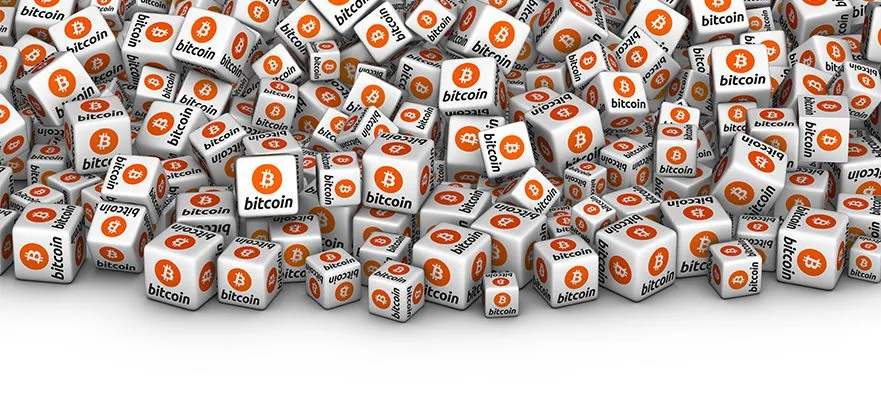|
Getting your Trinity Audio player ready...
|
Reddit user 50thMonkey did the math.
At the Future of Bitcoin conference in Arnhem, Netherlands in July 1st this year, Dr. Craig S. Wright ignited an outrage by his statement:
“If you’ve been in Bitcoin since 2009 and you can’t afford a $20,000 node to help this network, piss off.”
But judging by calculations, he isn’t really wrong. For one thing, a bitcoin in 2009 was not even worth a dollar, it was a few cents at best. In fact, it didn’t even hit the one-dollar mark until 2011. This year, the value of one bitcoin surpassed $5,800 at one point, with higher forecasts ahead. So if you have been mining Bitcoin since 2009, you obviously would have made substantial profits by now. And despite literally pissing several people in the community off, Dr. Wright’s $20,000-figure was, in fact, an understatement.
As Reddit user 50thMonkey pointed out, there is no such thing as a “small miner” anymore. If you’re talking about “small miners,” you would be referring to nodes that hold at least 1% of the Bitcoin network’s hash rate. Any less than that, and you’re pooling—which means you’re not the one paying for the “$20,000 processors.”
As a “small miner” that holds 1% of the Bitcoin network, it costs you around $21,000,000 in overhead expenses to acquire that hash power. Meanwhile, you would be earning around $3,000,000 worth of Bitcoin each month, making $20,000 a puny additional overhead cost compared to what you’re earning. This debunks the fear mongering argument that mining will become too expensive for “small miners”— if you’re a “small miner” earning $3,000,000 a month and you’re not willing to shell out 0.67% those profits to give back to the community you’re earning it from, then well… pissing off is something you should probably do.
And before you start picking up rakes and torches, here’s 50thMonkey doing the math to back that up:

 07-06-2025
07-06-2025 





